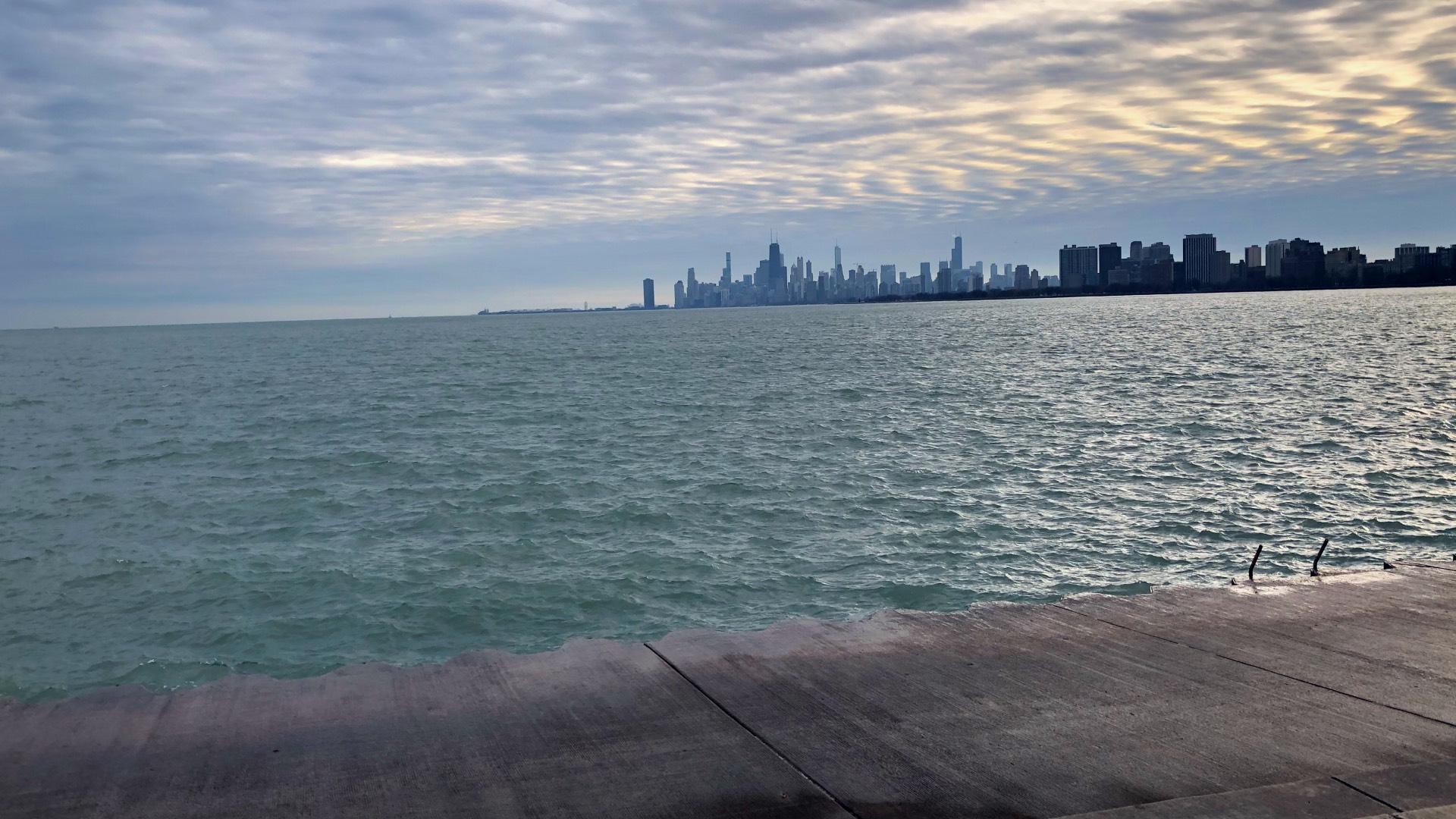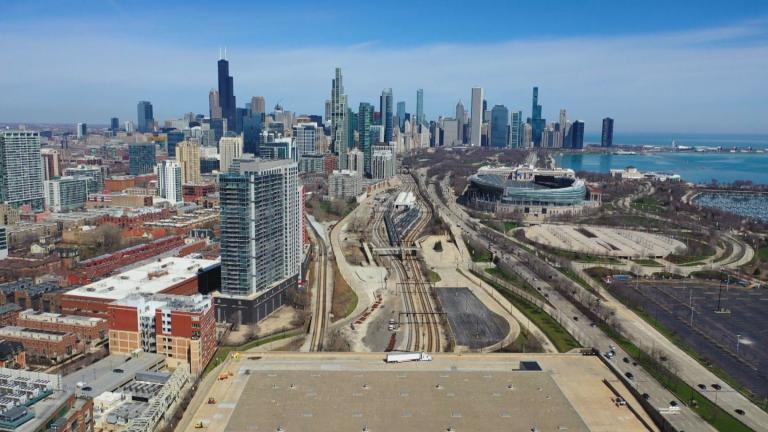 Lake Michigan. (Patty Wetli / WTTW News)
Lake Michigan. (Patty Wetli / WTTW News)
For decades, Monsanto released toxic chemicals known as polychlorinated biphenyls, or PCBs, into Chicago’s air, water and soil, causing significant harm to the city’s residents and its environment, Mayor Brandon Johnson said Wednesday.
Now it is time for the agribusiness firm to pay to clean up the mess it created, according to a new lawsuit filed by the city's lawyers.
“Monsanto knew for decades that its commercial PCB formulations were highly toxic and would inevitably produce precisely the contamination and human health risks that have occurred, perpetuating the environmental abuse and stark inequities so many of Chicago’s neighborhoods have long suffered from,” Johnson said in a statement.
Corporation Counsel Mary Richardson-Lowry said Monsanto “intentionally misled the public despite knowing the dangers PCBs posed to the environment,” she said in a statement announcing the lawsuit that seeks to force the firms that now own Monsanto, and one of its distributors, to take responsibility for the contamination, as new limits on the toxic chemicals take effect.
Representatives of Bayer, which now owns Monsanto, said Chicago's lawsuit was “meritless” because the company never manufactured or disposed PCBs in or near the Chicago area.
The suit names Monsanto Co., Solutia Inc. and Pharmacia LLC, which settled a similar lawsuit brought by Pennsylvania officials earlier this month for $100 million, according to WHYY-TV. A similar lawsuit brought by Virginia officials was resolved with a payment of $80 million. In Oregon, the firm agreed to pay nearly $700 million to resolve a lawsuit alleging many of the same claims in Chicago’s lawsuit.
Monsanto is facing other lawsuits in Vermont, Washington and Massachusetts.
Until they were banned in 1979, the man-made organic chemicals made up of carbon, hydrogen and chlorine were used in a host of household and industrial products, including paint and varnishes, electrical equipment, caulk, insecticides, coolants and sealants.
People exposed to PCBs from eating contaminated food, breathing contaminated air and drinking or swimming in contaminated water can suffer liver and thyroid problems as well as issues with their immune and reproductive systems, according to the city’s lawsuit. PCBs have also been linked to cancer and low birth-weight babies, according to the suit.
“Significant” concentrations of PCBs have been identified in Lake Michigan, in the banks and sediment of the Chicago River and at sites throughout the city, according to the lawsuit.
New rules issued by the Illinois Environmental Protection Agency require Chicago to reduce the amount of PCB discharged into Lake Michigan by an estimated 99.6%.
The lawsuit asks a judge to order the firm to cover the significant costs the city will incur to comply with the limits and clean up contaminated sites throughout the city.
Contact Heather Cherone: @HeatherCherone | (773) 569-1863 | [email protected]








